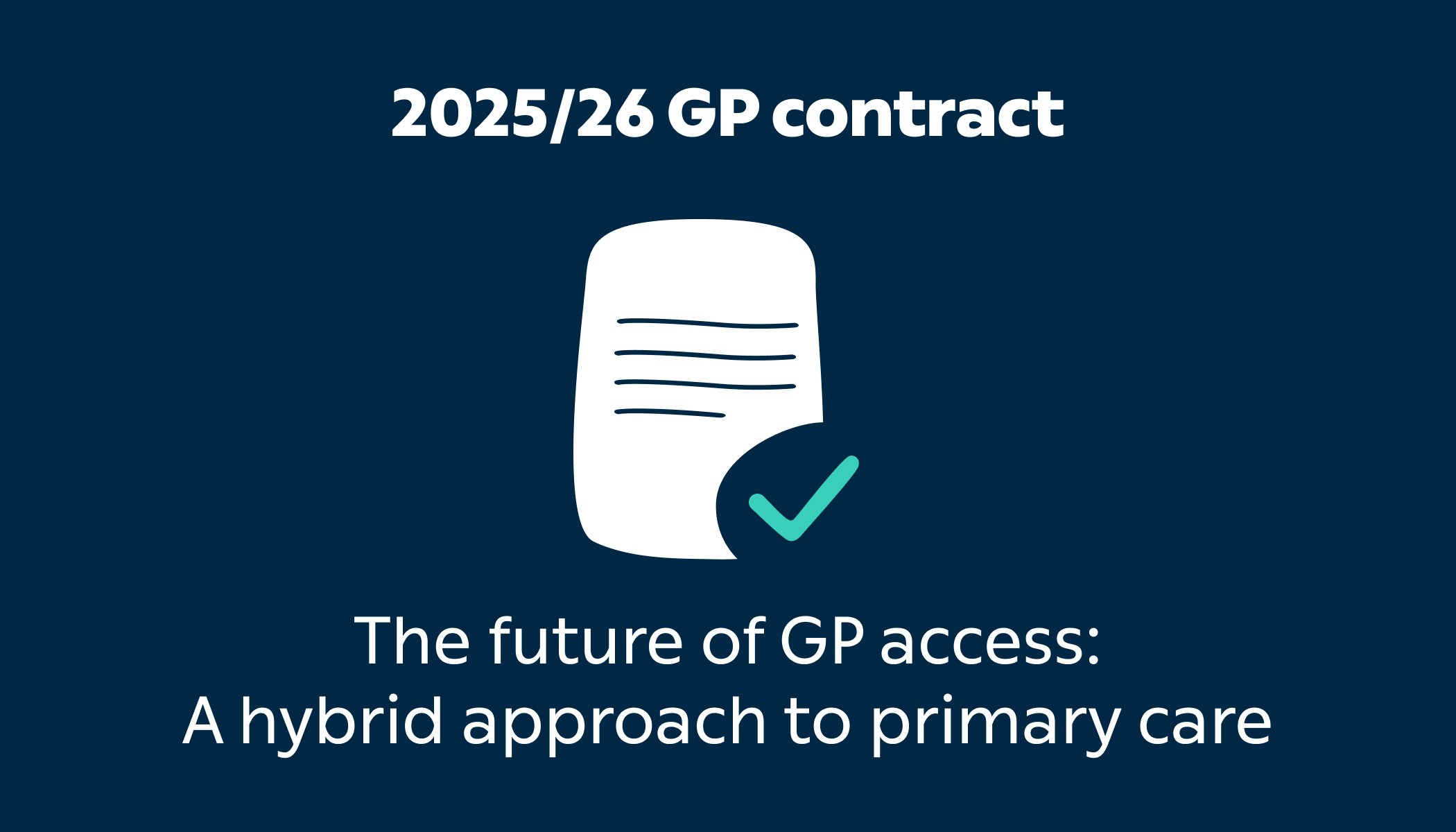This past summer saw the publication of the first digital maturity scores for integrated care systems. Scores were published on the basis of seven metrics from the ‘what good looks like framework’. These metrics seek to measure whether digital transformation is well-led, ensures smart foundations and is safe in practice. While digital programmes must also be able to evidence how they empower people, improve care and support healthy populations.
With only three ICSs scoring 3 or more out of 5, commentators have pointed to variation and gaps in key areas.
It has been a challenging environment for delivery plans to fully come to fruition over the last few years with capacity and financial constraints being just two notable areas for systems to grapple with. While a recent survey of ICSs reveals 70% of leaders believe budget cuts will have a significant impact on their local digital plans going forward.*
Nevertheless, teams continue to work tirelessly. And in terms of digital focus areas for ICSs at present, research reveals shared health and care records to be the highest digital priority amongst leaders, alongside health provider digitisation and levelling up lower digital maturity organisations.
While each ICS will have their own individual priorities and plans, this short-read examines 13 steps towards digital maturity and some possible areas to focus efforts.
Assessment and vision: Begin with an assessment of your ICS. Define a clear vision and strategy for digital maturity, outlining what good looks like for your system in collaboration with stakeholders across your organisation.
Interoperability: Ensure that healthcare systems and devices can seamlessly exchange data. Adopt standards and technologies to enable data sharing among different providers.
Electronic Health Records: Implement comprehensive EHR systems that centralise patient records, facilitate data access, and support clinical decision-making. Ensure EHRs are interoperable and user-friendly.
Telemedicine: Expand telehealth and virtual care services to improve patient access and reduce healthcare disparities. Invest in secure telemedicine platforms and training for healthcare professionals.
Data Analytics: Utilise data analytics and AI to derive insights from patient data. Predictive analytics can help identify at-risk patients and optimise resource allocation.
Remote Patient Monitoring: Implement remote monitoring solutions to track patients' health outside healthcare facilities. This can prevent readmissions and improve chronic disease management.
Care Coordination Tools: Deploy care coordination platforms that enable collaboration among healthcare providers, facilitating real-time communication and decision support.
Patient Engagement: Enhance patient engagement through digital tools such as patient portals, mobile apps, and remote communication. Empower patients to actively participate in their care.
AI and Machine Learning: Use AI and machine learning algorithms to analyse patient data for early disease detection, treatment optimisation, and personalised care plans.
Performance Metrics: Establish key performance indicators to measure the impact of digital technologies on patient outcomes, cost reduction, and care quality.
Feedback and Improvement: Gather feedback from patients and healthcare providers to continuously improve digital tools and processes in your ICS.
Scalability and Flexibility: Design your digital infrastructure to be scalable and adaptable to accommodate future advancements in healthcare technology.
Partnerships: Collaborate with other healthcare organisations, technology vendors, and community resources to enhance the digital reach and capabilities of your ICS.
Digital maturity is an ongoing journey that requires strategic planning, investment, and a commitment to improving patient care and outcomes through technology.
As a leading digital healthcare provider, Livi can deliver a range of support to ICSs. Our solutions and services include digital consultation technology, clinical capacity, smart messaging, and patient engagement and remote monitoring tools.
To discuss your needs with our team, email partnerships-uk@livi.co.uk or book a meeting.
References
*Digital Health. ICS digital leaders prioritising Shared Health and Care Records. Available online: digitalhealth.net/2023/09/ics-digital-leaders-prioritising-shared-health-and-care-records.


